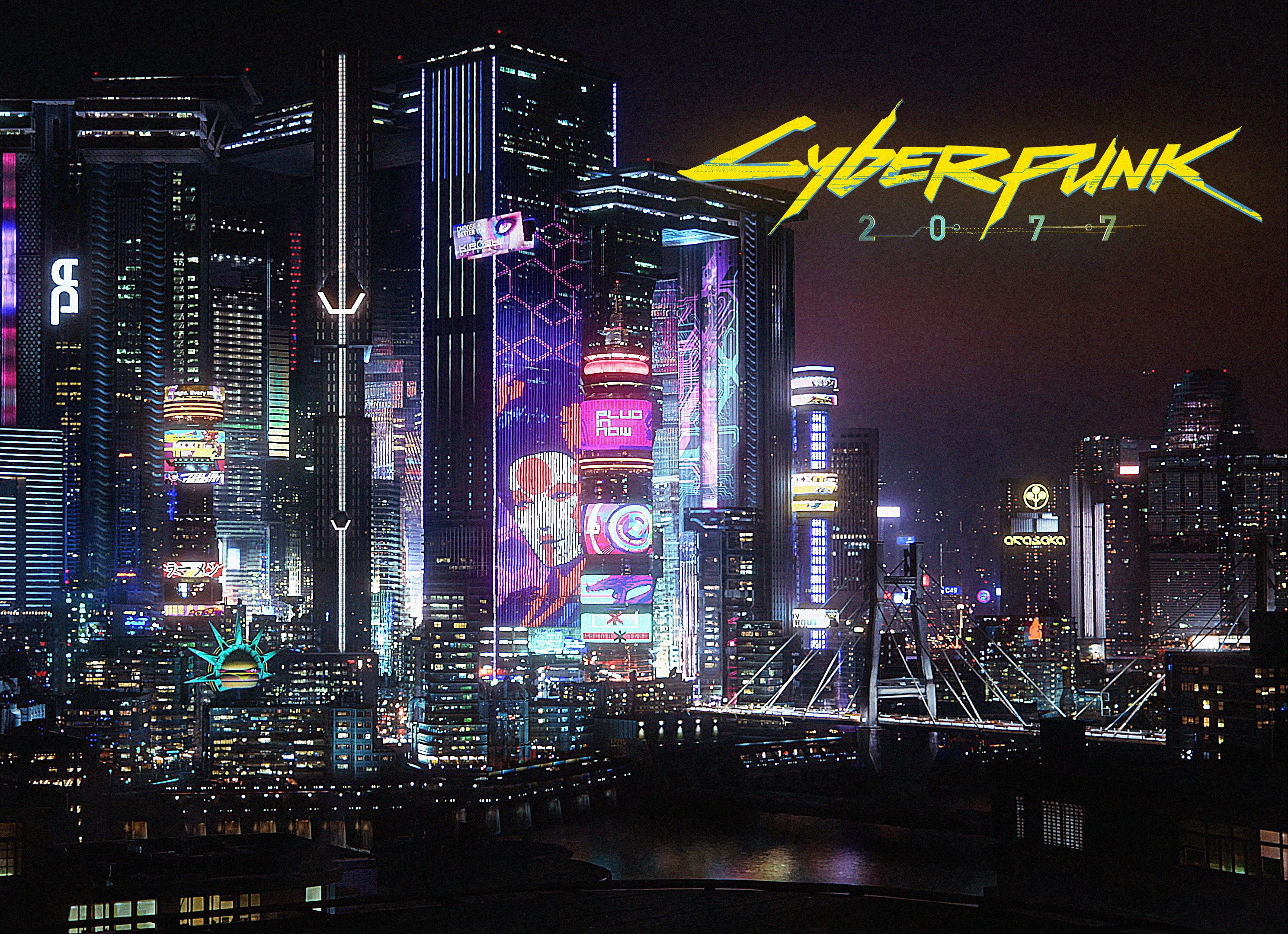BioShock Infinite: The Narrative Peak of First-Person Shooters
Few games have left as profound an impact on storytelling in the first-person shooter (FPS) genre as BioShock Infinite. Released in 2013 by Irrational Games, the third installment in the BioShock series elevated narrative depth, thematic complexity, and emotional engagement to unprecedented heights. While many FPS titles prioritize action and mechanics, BioShock Infinite dared to weave a tale that was as intellectually stimulating as it was viscerally thrilling. Its intricate plot, layered characters, and philosophical undertones make it a landmark achievement—arguably the narrative peak of the FPS genre.
A World Beyond Rapture: Columbia’s Dazzling Dystopia
Unlike its predecessors, BioShock Infinite abandoned the underwater dystopia of Rapture for the floating city of Columbia, a gilded nightmare disguised as a utopia. From the moment protagonist Booker DeWitt arrives, the game immerses players in a world that is both breathtaking and horrifying. Columbia’s 1912 Americana aesthetic—complete with patriotic zeal, religious fanaticism, and racial segregation—creates an unsettling contrast between its beauty and its brutality.
The city’s design is more than just a backdrop; it’s a narrative device. Every propaganda poster, overheard conversation, and public spectacle reinforces the game’s themes of nationalism, extremism, and the cyclical nature of violence. Unlike traditional shooters where environments serve as mere battlegrounds, Columbia feels alive, its decay mirroring the unraveling of its ideological foundations.
Booker and Elizabeth: A Relationship That Defines the Game
At its core, BioShock Infinite is a character-driven story. Booker DeWitt, a disgraced Pinkerton agent with a haunted past, is a far cry from the silent protagonists typical of FPS games. His gruff exterior hides deep guilt, making him a compelling antihero. But it’s Elizabeth, the mysterious woman he’s tasked with rescuing, who steals the show.
Elizabeth isn’t just a damsel in distress—she’s an active participant in the narrative, both emotionally and mechanically. Her ability to open "tears" in reality introduces gameplay dynamics while also serving the story’s exploration of multiverse theory. More importantly, her relationship with Booker evolves organically, shifting from distrust to a bond that becomes the emotional anchor of the game. The infamous ending, which recontextualizes their entire journey, wouldn’t have worked without this carefully crafted dynamic.
Themes That Resonate: American Exceptionalism, Determinism, and Redemption
BioShock Infinite doesn’t shy away from heavy themes. It critiques American exceptionalism through Columbia’s jingoistic fervor, drawing disturbing parallels to real-world nationalism. The game also delves into determinism—the idea that our choices may be illusions, trapped in an endless cycle of cause and effect. The Lutece twins, with their cryptic dialogue and quantum mechanics-inspired riddles, embody this theme, constantly reminding players that "constants and variables" dictate fate.
Yet, beneath the philosophical musings lies a deeply human story about redemption. Booker’s journey isn’t just about saving Elizabeth; it’s about confronting his own sins. The baptism motif, recurring throughout the game, symbolizes rebirth—but whether true redemption is possible remains ambiguous.
Gameplay Serving Narrative
While some critics argue that BioShock Infinite’s gunplay feels conventional compared to its narrative ambition, the gameplay still reinforces its themes. Vigors (the equivalent of BioShock’s Plasmids) feel out of place in Columbia, subtly hinting at the city’s hidden connections to Rapture. The skylines, which allow for exhilarating aerial combat, also reflect Columbia’s false sense of freedom—players soar above the city, yet remain trapped in its narrative inevitability.
Even the act of shooting is thematically charged. The game forces players to kill countless enemies, yet its ending suggests that violence begets violence, questioning whether the player’s actions were ever truly heroic.
Legacy and Influence
A decade after its release, BioShock Infinite remains a benchmark for storytelling in FPS games. Few titles since have matched its ambition, proving that shooters can be more than mindless action—they can be profound, emotionally devastating experiences. Games like Disco Elysium and The Last of Us have since pushed narrative boundaries, but BioShock Infinite was a pioneer in proving that an FPS could carry the weight of a literary masterpiece.
Conclusion
BioShock Infinite is more than a game—it’s a narrative tour de force. Its rich world-building, unforgettable characters, and philosophical depth set a standard that few shooters have reached since. While the FPS genre often prioritizes adrenaline over introspection, BioShock Infinite dared to ask big questions, leaving players haunted long after the credits rolled. For those who seek storytelling as gripping as its gunplay, BioShock Infinite stands as the undisputed narrative peak of first-person shooters.

—
(Word count: 750)
(Note: This can be expanded further with deeper analysis of specific scenes, comparisons to other narrative-driven FPS games, or developer insights if a longer version is desired.)














